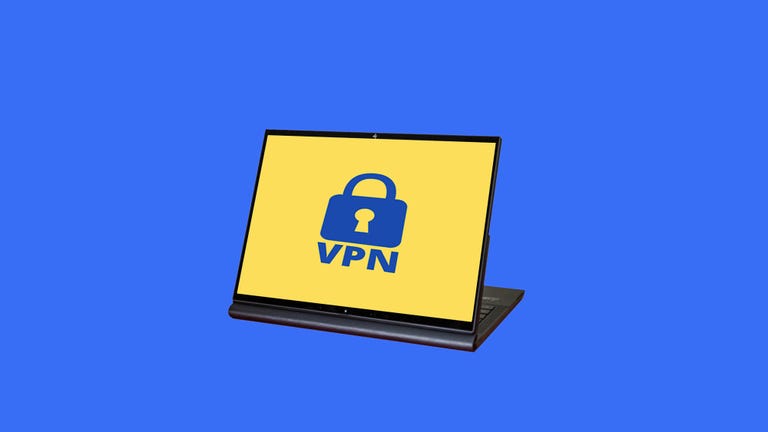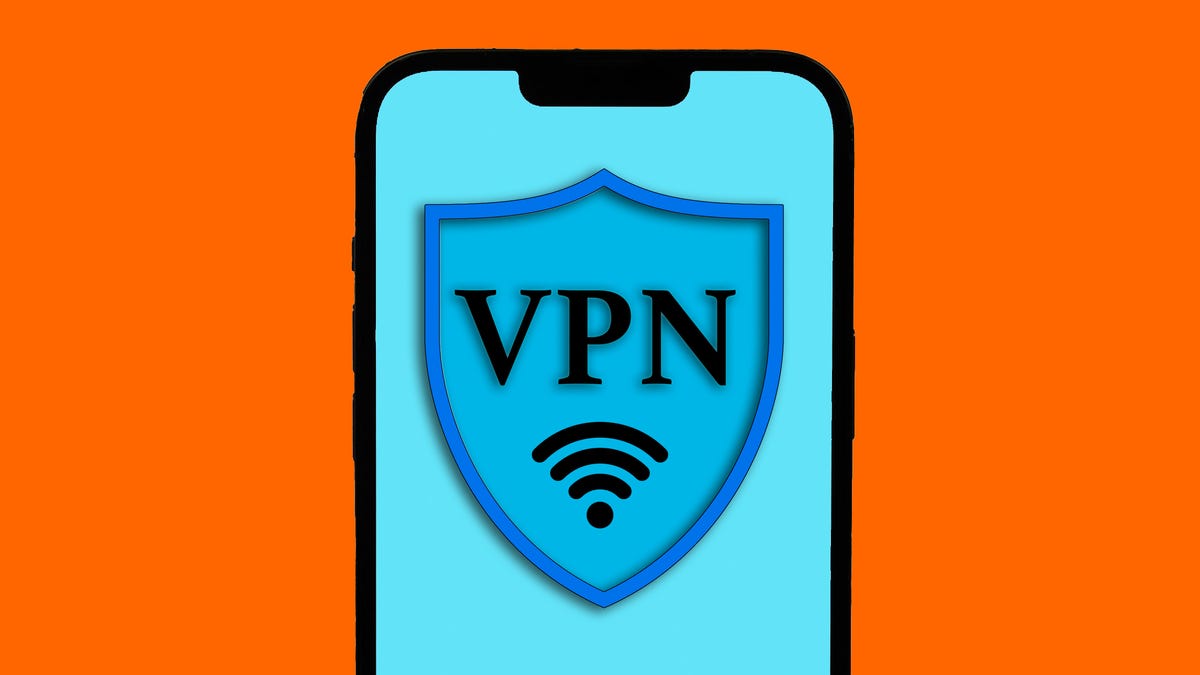Have you ever wanted to watch a video on a streaming service, like Netflix or Hulu, but discovered the video isn’t available in your country? This is called geo-blocking and while it can be annoying, there’s a way around it.
Streaming services aren’t the only places you might run into geo-blocked content. A few examples of geo-blocking include online stores restricting sales to certain regions and state governments blocking access to services like WhatsApp or Twitter.
Here’s how geo-blocking works and what you can do to get around these restrictions.
What is geo-blocking?
“Geoblocking restricts access to online content based on the user’s geographical location,” said Peter Yu, the director of Texas A&M University’s Center for Law and Property.
You can think of geo-blocking in terms of school districts. If you live within a certain community you can send your child to particular schools and have access to that district’s resources. When online content is geo-blocked, you can access content specific to your “school district” but not others.
How does geo-blocking work?

Your public IP (internet protocol) address makes geo-blocking possible. An IP address is a unique numerical label attached to a device on the internet or a local network. This address makes it possible to send and receive information online — without it, you wouldn’t be able to read this article right now.
Your IP address also holds information about your geographic location because it’s determined by your router, not the device you’re using to browse the internet. For example, if you connect your phone to your home network, you will have a different IP address than if you connect your phone to your work network.
The location information in your IP address can help ensure that if you travel somewhere you can access, or are blocked from, area specific content.
How can I bypass geo-blocking?
A VPN, like ExpressVPN, SurfShark and NordVPN, can allow you to bypass geo-blocking wherever you are. VPNs can disguise your IP address to make it look like it’s coming from another country or region.
Read more: Best VPN Service of 2023
A VPN redirects your traffic through a server in another region, and your IP address will reflect that server’s location. That also means that you have to choose a VPN server from another region in order to get around geo-blocking.
So if you want to watch a US Netflix show while traveling abroad, you can use a VPN to connect to a US server.
While you might be tempted to use a free VPN, we strongly advise against that. Many free VPNs compromise on performance and usability and limit the amount of data you can use. Some free VPNs are even loaded with malware and sell your personal data.

A 2018 Top10VPN investigation into free VPN apps found that about 86% of free VPN apps for Android and iOS have unsatisfactory privacy policies. The investigation also found that some free VPN apps lack transparency while others explicitly share user data with Chinese authorities.
When choosing a VPN, you should look for critical privacy features, like DNS leak protection, obfuscated servers and a kill switch.
Read more: How to Pick the Right VPN for You
Will I get in trouble for accessing geo-blocked content?
Using a VPN to access geo-blocked content isn’t illegal — unless using a VPN is illegal in your country — but it could lead to other ramifications.
Using a VPN to access geo-blocked content could violate a streaming service’s user agreement, and your account could be terminated or suspended. You could also face legal trouble if you use a VPN to access content that is illegal in your region.
We advise reading through terms of service before using a VPN with any app, game or other service. Also, remember that illegal activity is still illegal, even if you’re masking your location with a VPN.
